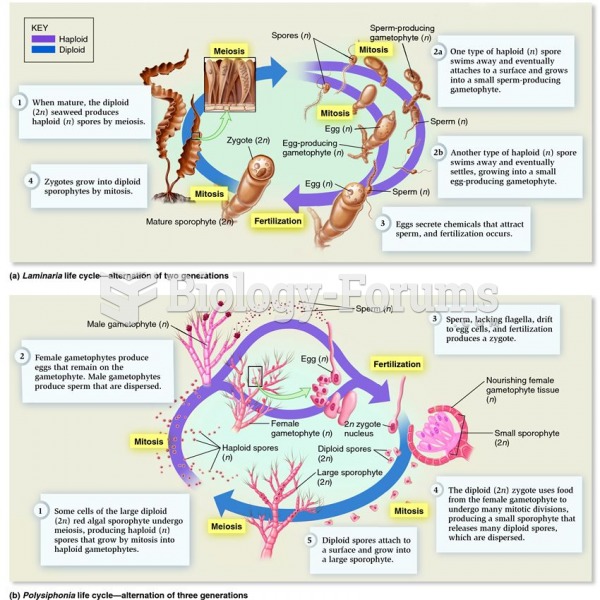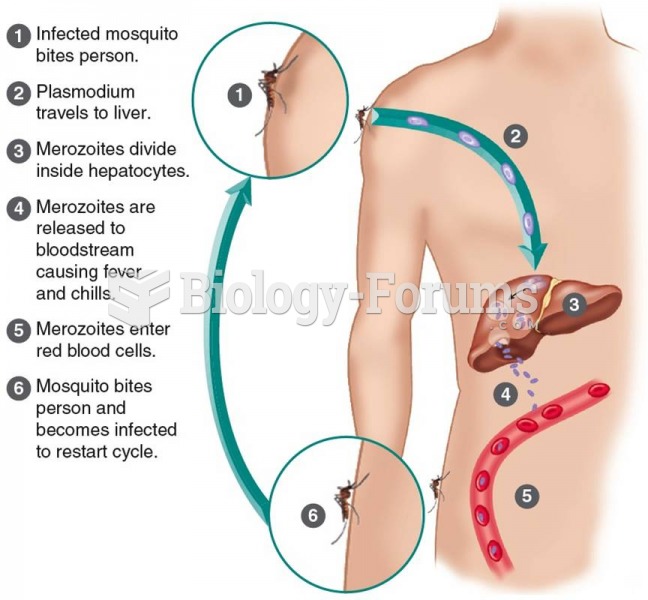|
|
|
The people with the highest levels of LDL are Mexican American males and non-Hispanic black females.
Intradermal injections are somewhat difficult to correctly administer because the skin layers are so thin that it is easy to accidentally punch through to the deeper subcutaneous layer.
Approximately 500,000 babies are born each year in the United States to teenage mothers.
Fatal fungal infections may be able to resist newer antifungal drugs. Globally, fungal infections are often fatal due to the lack of access to multiple antifungals, which may be required to be utilized in combination. Single antifungals may not be enough to stop a fungal infection from causing the death of a patient.
More than 2,500 barbiturates have been synthesized. At the height of their popularity, about 50 were marketed for human use.







